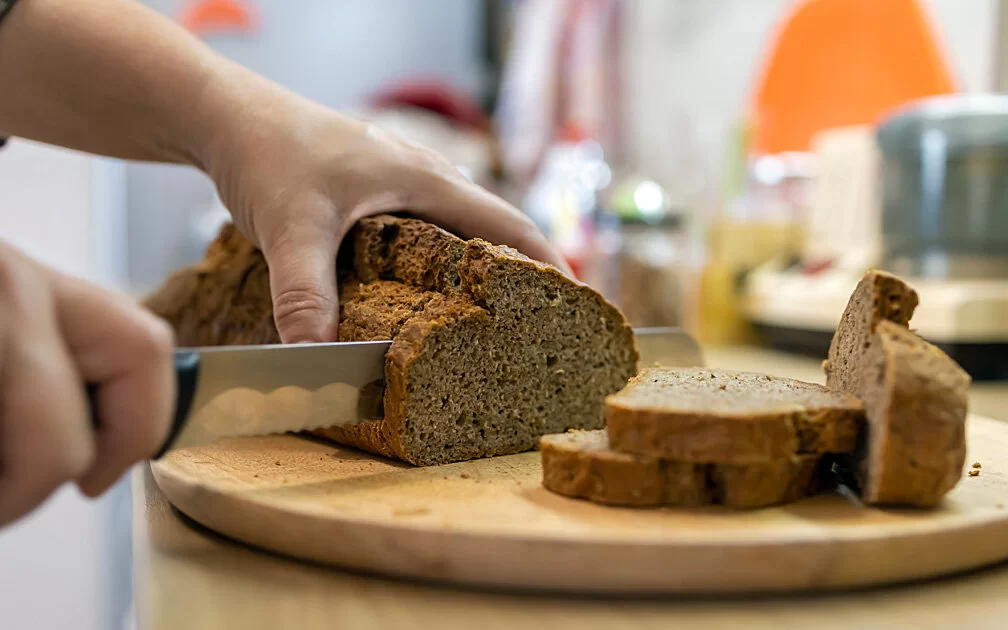The body needs vitamin B1 to generate energy, but it cannot store it. Which foods contain vitamin B1, what happens if you have a deficiency and how you can meet your daily requirement.
Contents at a glance
- Vitamin B1 – What does the vitamin actually do?
- What does vitamin B1 contain?
- What are the causes of vitamin B1 deficiency?
- How does a vitamin B1 deficiency manifest itself?
Vitamin B1 – What does the vitamin actually do?
Vitamin B1, also known as thiamine, is a water-soluble B vitamin. Many foods contain it naturally, and in some countries, such as the USA, it is artificially added to industrially processed products. The vitamin is a component of enzymes that control the metabolism of carbohydrates and amino acids in the body. Therefore, vitamin B1 plays a crucial role in the production of energy in the organism and is important for the growth, development and function of cells. Thiamine is involved in the transmission of stimuli in the nervous system.
How much vitamin B1 does the body need?
The German Nutrition Society (DGE) recommends different amounts of vitamin B1 depending on individual energy requirements. The amounts vary depending on age and gender.
Thyme intake per day recommended by the DGE in milligrams (mg)
| Old | Reference value |
|---|---|
| 0 – 4 months | 0.2mg |
| 4 – 12 months | 0.4mg |
| 1 – 4 years | 0.6mg |
| 4 – 7 years | 0.7mg |
| 7 – 10 years | 0.9 mg for boys 0.8 mg for girls |
| 10 – 13 years | 1.0 mg for boys 0.9 mg for girls |
| 13 – 15 years | 1.2 mg for boys 1.0 mg for girls |
| 15 – 19 years | 1.4 mg for boys 1.1 mg for girls |
| 19 – 25 years | 1.3 mg for men 1.0 mg for women |
| 25 – 65 years | 1.2 mg for men 1.0 mg for women |
| from 65 years | 1.1 mg for men 1.0 mg for women |
| during pregnancy and breastfeeding | 1.2 – 1.3mg |
The reference values are estimates, as many factors influence daily requirements. The requirement is highest in male adolescents aged 15 to under 19. The requirement also increases during pregnancy and breastfeeding. Women have a lower requirement for vitamin B1 than men.

What does vitamin B1 contain?
Thiamine is found in many foods. Whole grain products , pulses , peanuts and lean meat contain particularly high levels of it. Soybeans , black beans and nuts are considered to be the top sources of vitamin B1. Those who eat whole grain bread, oatmeal , pork and fish are also getting vitamin B1. Bread and baby formula are enriched with thiamine in many countries (such as the USA). Dairy products such as yoghurt contain little vitamin B1, and the content can decrease by up to 20 percent due to the heat used during pasteurization. Processed foods also contain less vitamin B1 – for example white rice or bread, which contains up to 20 percent less thiamine than pure (unbaked) whole grain.
The vitamin is water-soluble and reacts sensitively to oxygen and heat. Therefore, you should process foods containing thiamine quickly and prepare them gently with little heat and water – this way, a lot of vitamin B is retained.

